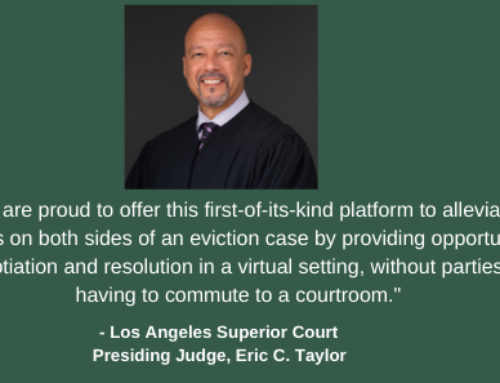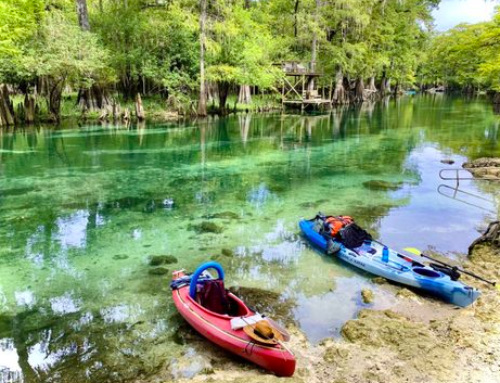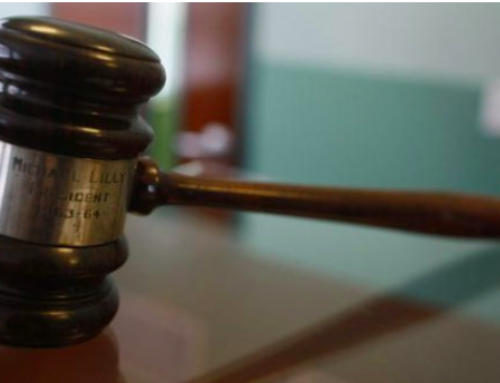Our nation’s state courts are taking a host of extraordinary measures to protect their employees and the public from the coronavirus while maintaining access to justice. Court leaders are turning to their emergency preparedness plans and following directives from their state supreme courts. NCSC also has several resources to help courts through this public health emergency at www.ncsc.org/pandemic.
We have created a data visualization that provides an at-a-glance look at what state courts are doing, and we are monitoring how state courts are dealing with the pandemic. Here’s an overview of how courts are responding:
- Postponing jury trials and non-emergency hearings.
- Using video conferencing in courts that regularly employ that technology.
- Extending deadlines for litigants who owe fines and fees.
- Encouraging lawyers to use e-filing to submit documents.
- Cleaning courthouses more often and more thoroughly.
Many states have issued directives that allow local court officials to decide how to reduce public traffic in courts. Various courts in those states have responded by postponing jury trials and other proceedings and barring access to those who show coronavirus symptoms.
In many other states, supreme courts have ordered lower courts to take specific actions:
- Connecticut will designate one building in each of its 13 judicial districts as “priority 1” courthouses, and the Hartford and Bridgeport courthouses will handle juvenile matters. Other than those who will work in those courthouses, as many court employees as possible will work from home.
- Rhode Island has canceled court proceedings. Tennessee canceled in-person hearings through the end of March, as did Arizona and Hawaii. Maine postponed in-person court events, with exceptions, through May 1, and vacated warrants for unpaid fines and fees.
- Virginia postponed “non-essential, non-emergency” proceedings in all circuit and district courts until at least April 6. Arkansas issued a similar directive that also included appellate courts.
- Florida suspended criminal and civil jury trials until at least March 27, as well grand jury proceedings and jury selection proceedings. Colorado postponed them through April 3, and Idaho postponed them until at least April 10. North Dakota did so until April 24.
- Minnesota, New Mexico, and several other states are only allowing current jury trials to proceed during the next two or three weeks.
- Texas ordered court restrictions until May 8 and urged court employees to use teleconferencing and videoconferencing whenever possible.
- In Puerto Rico, courts will handle “only urgent matters,” such as protection orders and other efforts to protect individuals, until at least March 30.
- Alaska has told the public to stay away from courts unless “absolutely necessary.”
- Oklahoma judges have been advised to reschedule all non-jury trials and hearings.
NCSC will continue to monitor what courts are doing to curb the effects of this pandemic. Check here for daily updates.







Leave A Comment